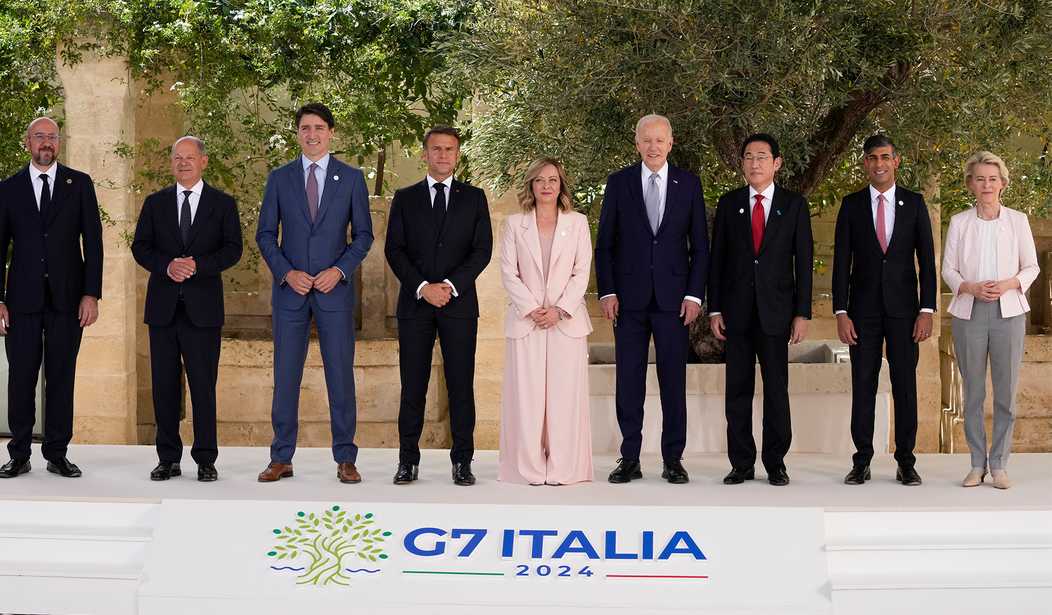An interesting column today from Nicholas Kristof. He describes himself as a liberal and a big fan of Europe who has lived in both the UK and France. But the main thrust of this piece is that, compared to America, Europe isn't doing so well these days.
Northern Europeans work less than Americans — only about 1,400 or 1,500 hours a year compared with 1,800 for Americans — and mostly enjoy universal health care, free or subsidized child care and solid public schools...
Yet it’s also only fair to point out that Europe is struggling today. The U.S. economy last year grew six times as fast as in the European Union, 2.5 percent to 0.4 percent...
...by one European calculation, if economies continue to grow at the current pace, by 2035 the average American and the average European will be as far apart economically as the average European and Indian are today...
The upshot is growing concern about Europe’s “competitiveness crisis.” At this summer’s Trilateral Commission gathering, in Brussels, I heard again and again variants of the idea that “America innovates” while “Europe regulates.”
Kristof definitely isn't the only person out there making this case. A few months ago the CEO of a Norwegian oil fund made a similar case.
Nicolai Tangen, chief executive of the $1.6tn fund, told the Financial Times it was “worrisome” that American companies were outpacing their European rivals on innovation and technology, leading to vast outperformance of US shares in the past decade.
“There’s a mindset issue in terms of acceptance of mistakes and risks. You go bust in America, you get another chance. In Europe, you’re dead,” he said, adding that there was also a difference in “the general level of ambition. We are not very ambitious. I should be careful about talking about work-life balance, but the Americans just work harder.”...
“I’m not saying it’s good but in America you have a lot of AI and no regulation, in Europe you have no AI and a lot of regulation. It’s interesting,” he added.
The US advantage on technology is one place you see the clearest different between innovation and regulation. Most of the world's biggest tech companies (Google, Apple, Microsoft, etc.) are here but Europe seems to have settled in to a new role using its market leverage to regulate those US companies. We saw a recent example of this when EU Commissioner Thierry Breton sent Elon Musk a reminder/threat about Donald Trump's presence on the X platform. In that particular case, the threat seemed to backfire, both with Musk and with other EU officials back home who weren't pleased about it.
But generally speaking, this has become the norm in Europe as National Review recently pointed out.
The average American knows and cares little about the European Union’s jungle of tech-industry regulations. But to appropriate the old phrase about politics, just because Americans don’t take an interest in EU tech policy does not mean EU tech policy won’t take an interest in them...
American consumers felt the EU’s touch when, to comply with EU privacy law, websites began to display cookie-consent boxes. Another European mandate strong-armed Apple to transition its iPhones to the USB-C charger. As ambitious laws such as the Digital Markets Act (DMA) and the Digital Services Act (DSA) become more fully enforced, Americans should anticipate that their technology will warp further to reflect the myopic anti-tech prejudices that European officials wish to inflict on markets and consumers...
Europe’s puny tech sector — the product of regulation on steroids — has furnished no serious competition to such giants as Google or Microsoft. To level the playing field, European lawmakers have enacted statutes that do not help their own firms but restrain the U.S. tech sector’s competitiveness.
There's a real downside to all of this, not just for America but for the world. The US faces growing competition from China which if it doesn't exactly innovate, does replicate US innovations as quickly as it can copy or steal them. None of us want to live in a world where China is the leading player in internet search or AI technology, but Europe insists on being a drag on US progress while it has no say in China.
Personally, I like Europe. It's a beautiful place to visit. But there's no question who is leading the world in innovation and who is not. As long as that remains the case, we shouldn't allow Europe too much control over how we operate our industries.








Join the conversation as a VIP Member